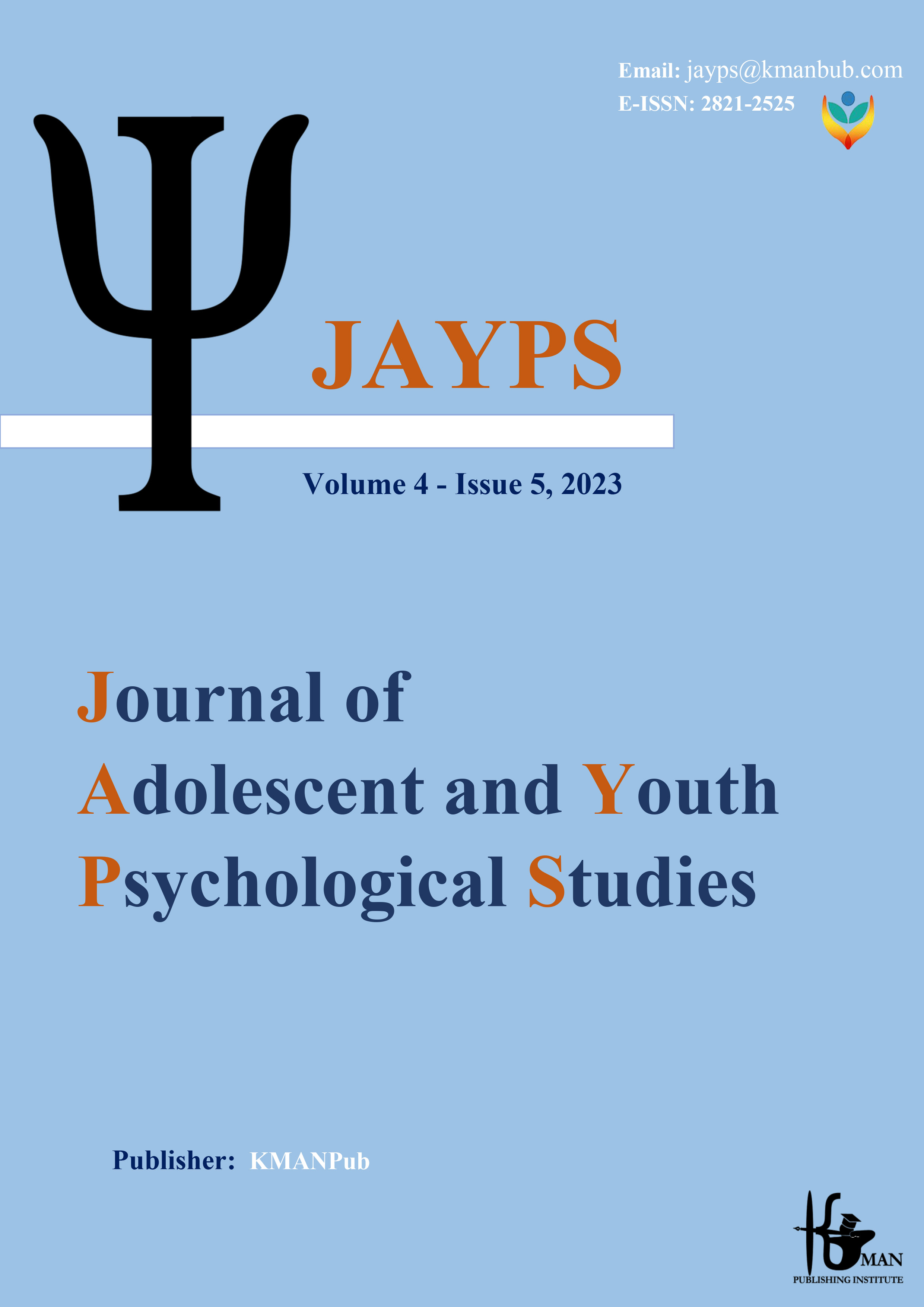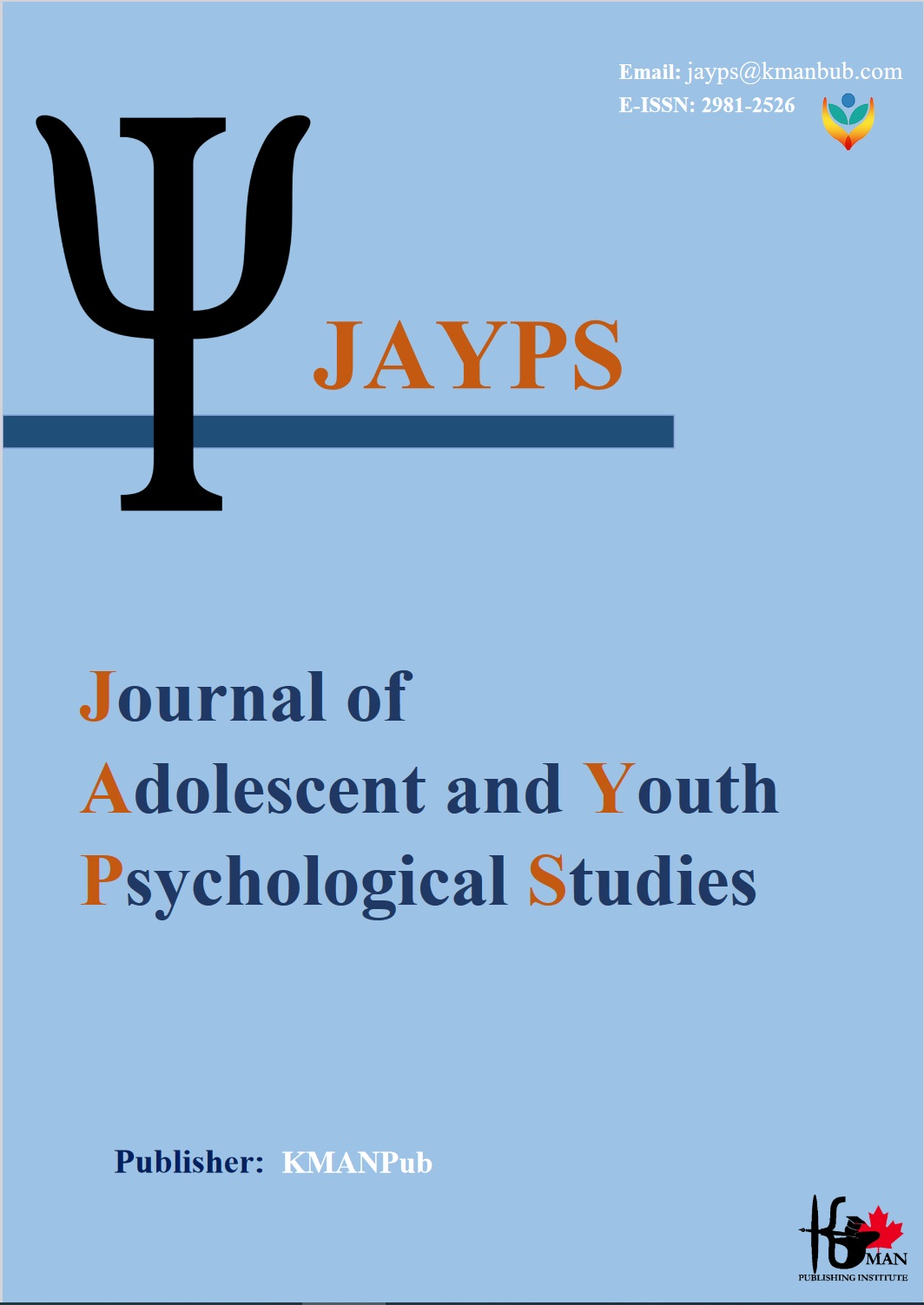Investigating the effectiveness of strength-based counseling on adolescent resilience
DOI:
https://doi.org/10.61838/kman.jayps.4.5.16Keywords:
counseling based on strength, resilience, teenagersAbstract
Background and Aim: Problems can be used as situations to help a person to gain insight and develop effective coping behavior. Therefore, the aim of the present study was to investigate the effectiveness of strength-based counseling on increasing the resilience of adolescents. Methods: This research was a quasi-experimental type with a pre-test-post-test design with a control group. The statistical population of this research was teenagers aged 14 to 17 who referred to Mehravar Counseling Center in Tehran in the second half of 2021. A sample of 20 people was randomly selected from among the teenagers who had a lower score in the resilience scale of Connor and Davidson (2003) and were assigned to two experimental (10 people) and control (10 people) groups. Teenagers in the experimental group received 10 90-minute sessions of the strength-based counseling package developed by Parsakia and Darbani (2022) as a group, and members of the control group were placed on the waiting list. Both groups responded to the resilience scale before and after the experiment. Data analysis was done with descriptive statistics (mean and standard deviation) and repeated measure variance with SPSS version 26 statistical analysis software. Results: The results showed that strength-based counseling significantly increased the resilience of 14-17-year-old teenagers (F = 8.20 and P = 0.001). This effect was also stable in the follow-up phase. Conclusion: Based on the findings, it can be concluded that counseling based on strength increases the resilience of teenagers.
Downloads
Downloads
Published
Issue
Section
License

This work is licensed under a Creative Commons Attribution-NonCommercial 4.0 International License.







